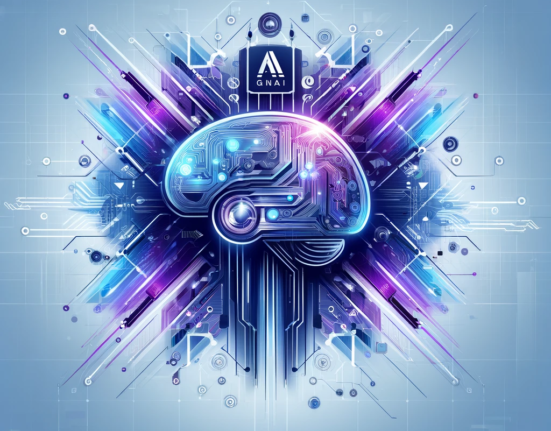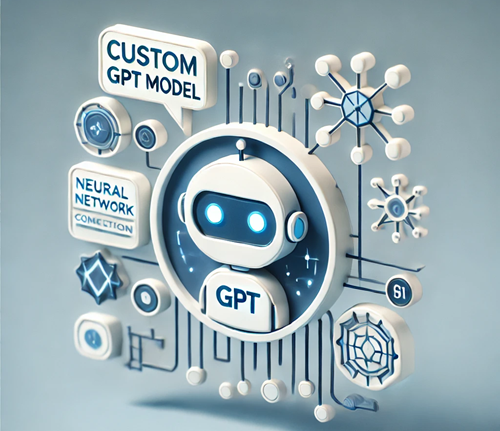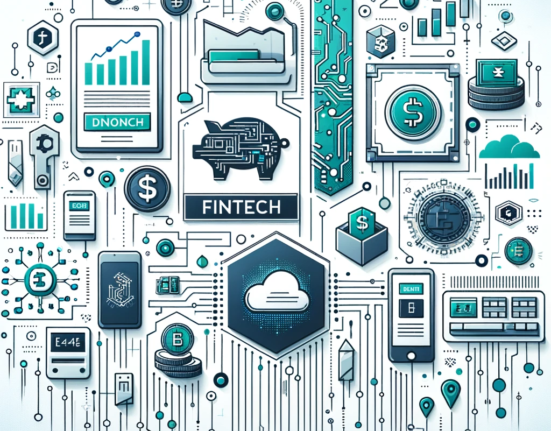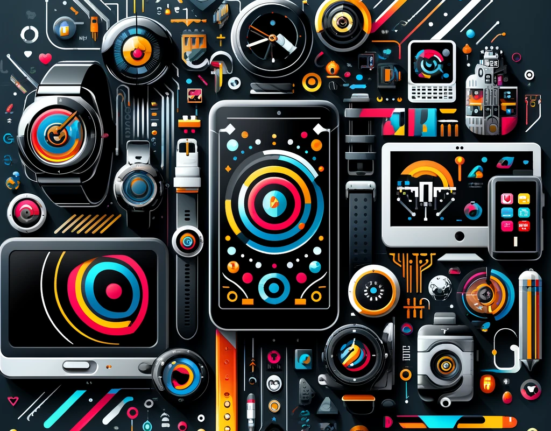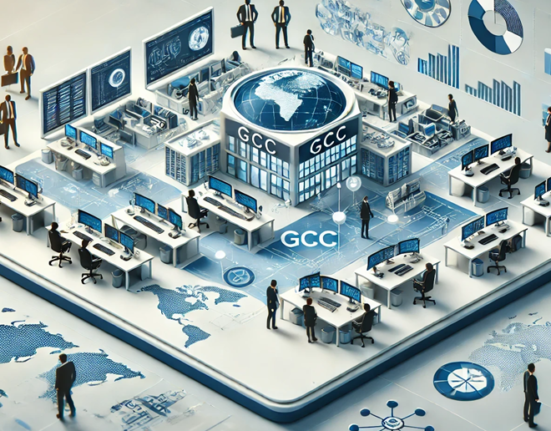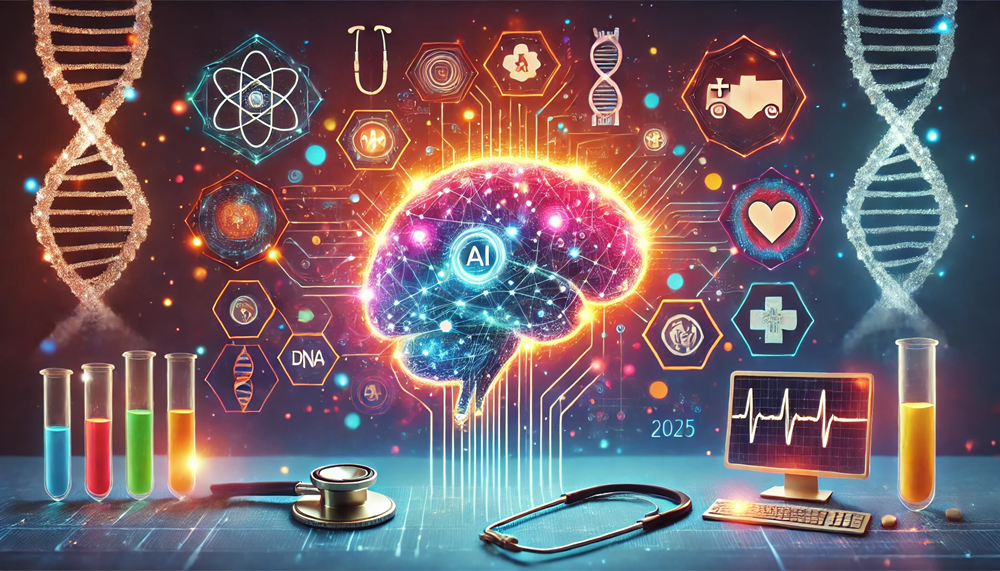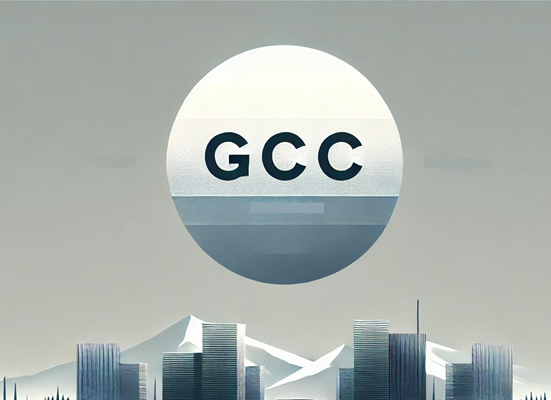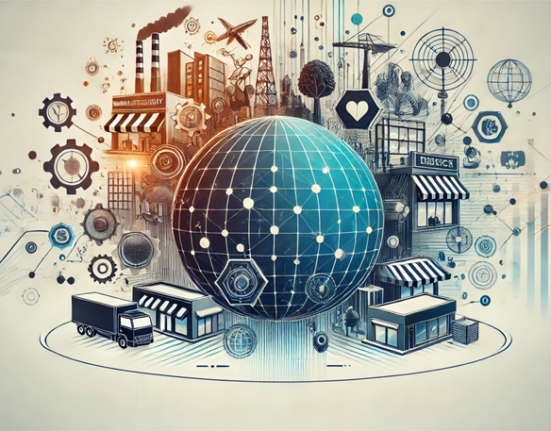Artificial Intelligence (AI) is transforming healthcare in 2025, enabling faster diagnoses, personalized treatments, and improved patient outcomes. The global AI healthcare market, valued at $67 billion in 2023, is expected to surpass $200 billion by 2028, driven by advancements in machine learning, robotics, and big data analytics. AI is not just a tool but a vital ally for healthcare providers, helping bridge gaps in access, efficiency, and quality of care.
AI-Powered Innovations
- Predictive Analytics: AI algorithms analyze patient data to predict diseases before symptoms appear. Tools like Google Health’s AI models can detect conditions like cancer and heart disease with 95% accuracy, allowing for early intervention and improved survival rates.
- Robotic Surgery: AI-assisted robotic systems like da Vinci Surgical System perform minimally invasive surgeries with precision and reduced recovery times. By 2025, 50% of all surgeries in developed countries involve AI-driven robotic assistance.
- Personalized Medicine: AI analyzes genetic, environmental, and lifestyle data to create tailored treatment plans. This approach is improving outcomes for patients with chronic illnesses like diabetes and asthma.
AI’s Role in Global Health
In underserved regions, AI-powered diagnostic tools are closing the healthcare gap. Platforms like Babylon Health use AI chatbots to triage patients and connect them with doctors remotely, reducing the strain on limited medical resources. Similarly, drone deliveries powered by AI ensure timely delivery of medications in remote areas.
Challenges and Ethical Considerations
Despite its benefits, AI in healthcare raises concerns about data privacy, algorithmic bias, and job displacement. Regulations like HIPAA in the US and GDPR in Europe are evolving to ensure the ethical use of AI while maintaining patient confidentiality.
Looking Ahead
AI is expected to integrate further into every aspect of healthcare. By 2030, advancements in biometric sensors, neural networks, and quantum computing are projected to drive even more groundbreaking innovations. AI in healthcare is not just reshaping medicine—it’s saving lives and transforming the way we approach human well-being.

